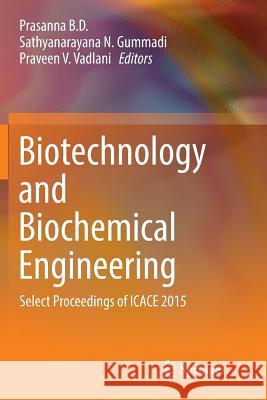Biotechnology and Biochemical Engineering: Select Proceedings of Icace 2015 » książka
topmenu
Biotechnology and Biochemical Engineering: Select Proceedings of Icace 2015
ISBN-13: 9789811094781 / Angielski / Miękka / 2018 / 239 str.
Biotechnology and Biochemical Engineering: Select Proceedings of Icace 2015
ISBN-13: 9789811094781 / Angielski / Miękka / 2018 / 239 str.
cena 388,20 zł
(netto: 369,71 VAT: 5%)
Najniższa cena z 30 dni: 385,52 zł
(netto: 369,71 VAT: 5%)
Najniższa cena z 30 dni: 385,52 zł
Termin realizacji zamówienia:
ok. 20 dni roboczych.
ok. 20 dni roboczych.
Darmowa dostawa!
Kategorie:
Kategorie BISAC:
Wydawca:
Springer
Język:
Angielski
ISBN-13:
9789811094781
Rok wydania:
2018
Wydanie:
Softcover Repri
Ilość stron:
239
Waga:
0.36 kg
Wymiary:
23.39 x 15.6 x 1.35
Oprawa:
Miękka
Wolumenów:
01
Dodatkowe informacje:
Wydanie ilustrowane











